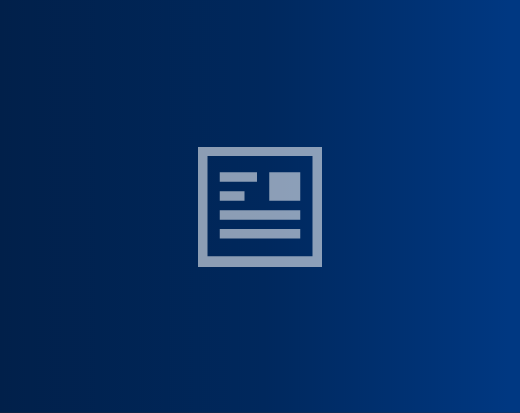From November 27 to December 1, 2023, EKONID will be hosting a delegation of state and institutional representatives from North Rhine-Westphalia…
PartnerinIndonesia
Hashtag


